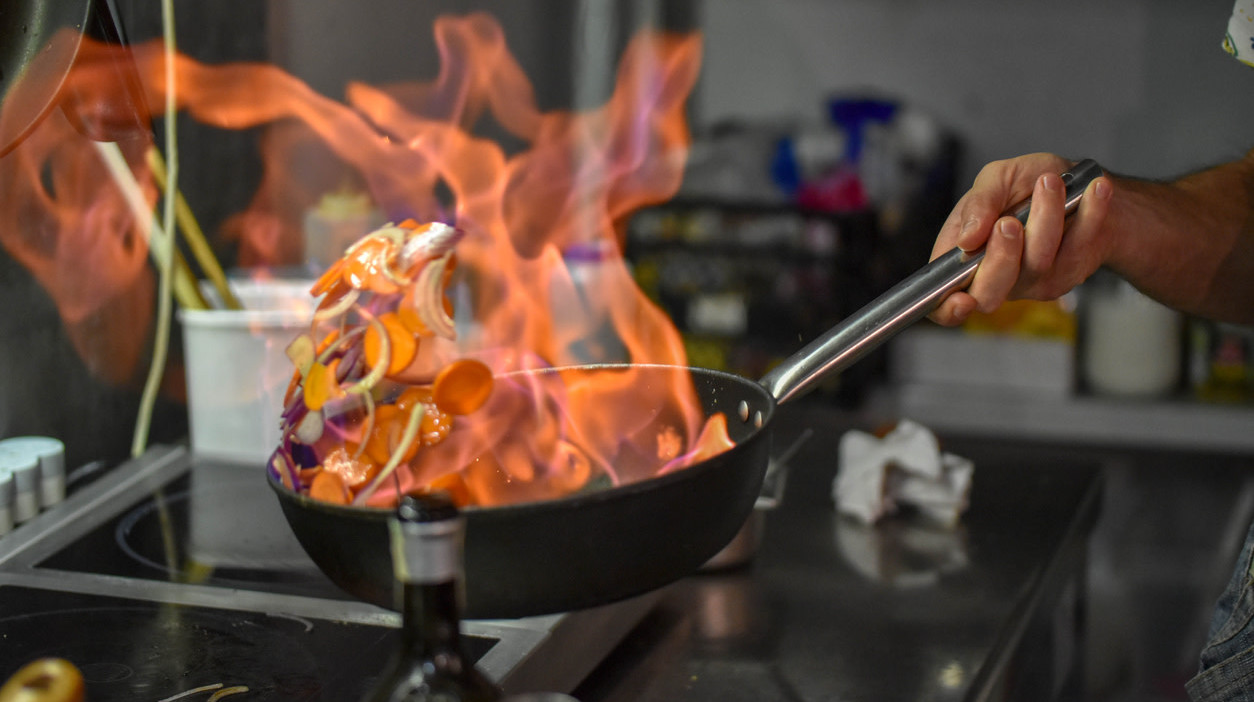Restaurants Are Starting To Say No To Special Requests
Alinea, the experimental tasting menu restaurant in Chicago, has long been accommodating of diners' special requests. But last summer, chef-owner Grant Achatz changed its policy: no more. Well, to a point. If you're a vegetarian or a pescatarian and notify the restaurant two days ahead of time, Alinea will adjust the menu. But if you have an allergy that can be triggered by cross-contamination or just a simple aversion to a certain food, get dinner elsewhere.
"I feel a huge obligation to please, and I find the challenge of coming up with these [adjusted] menus compelling," Achatz told Town and Country, "but enough is enough."
The decision came after a situation with a diner with a severe dairy allergy. The kitchen had been warned ahead of time, and all the dishes and utensils used to prepare the man's food were specially cleaned and Achatz himself kept an eye on the meal. But the customer got sick anyway. The restaurant manager offered the man and his wife a refund or a do-over, but when it came time for the do-over, Achatz thought about it and said no. It wasn't worth the trouble.
This story prompted Town and Country reporter Gabe Ulla to talk to other chefs around the country about their policies on special diner requests. The responses ranged from regular experimentation with ingredients that would alleviate allergies to a stubborn refusal to alter recipes. They also show a conflict between the desire to offer hospitality and exhaustion from satisfying petty demands (for instance, "alliums are okay as long as they are not visible"). A doctor claims that food allergies are real and more common than they used to be. But still, what's a chef to do? And how can chefs and diners reach a detente? It's an interesting read.
